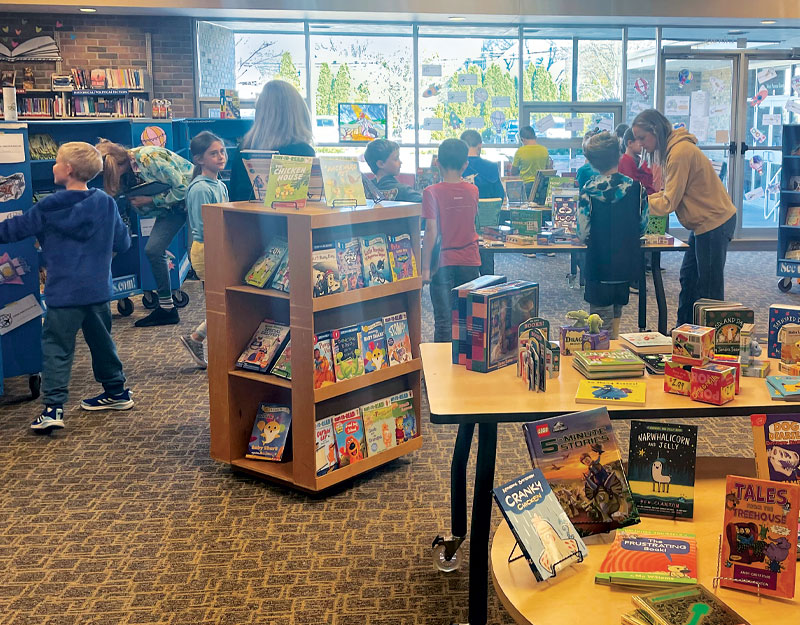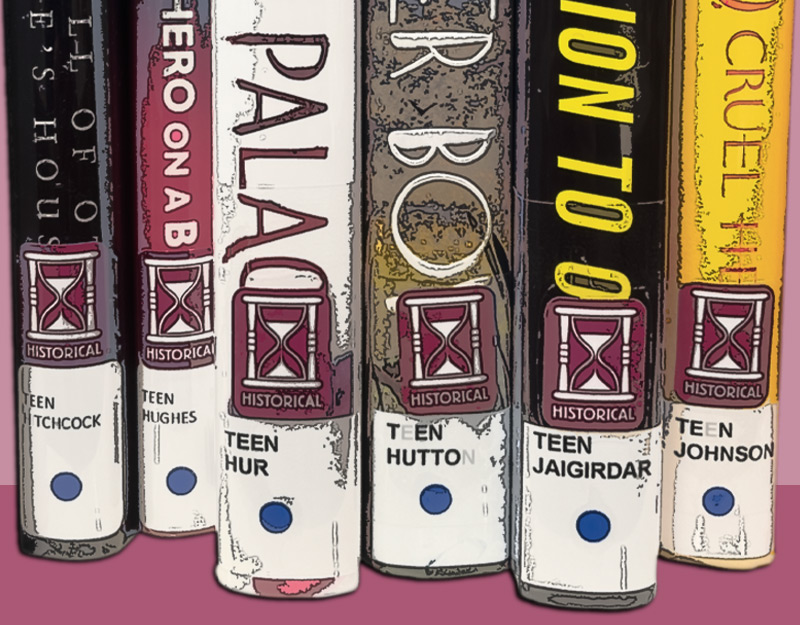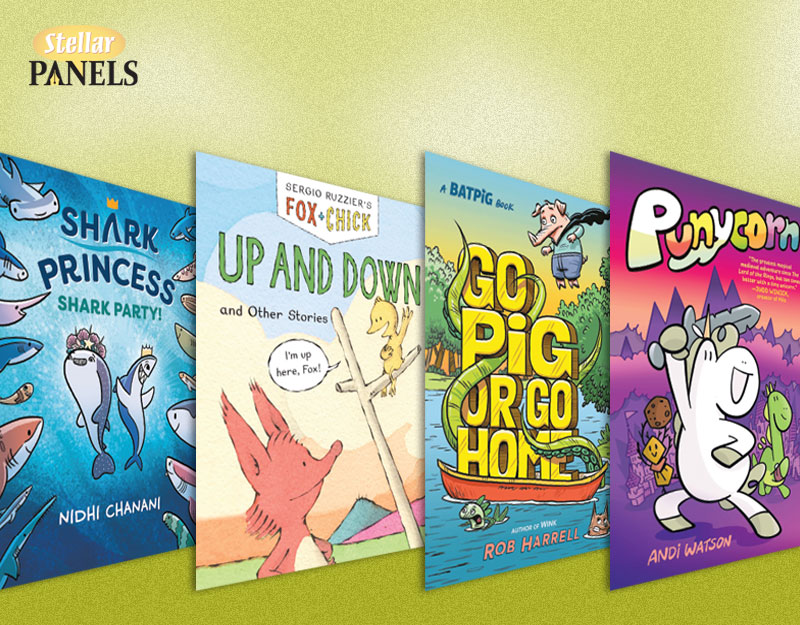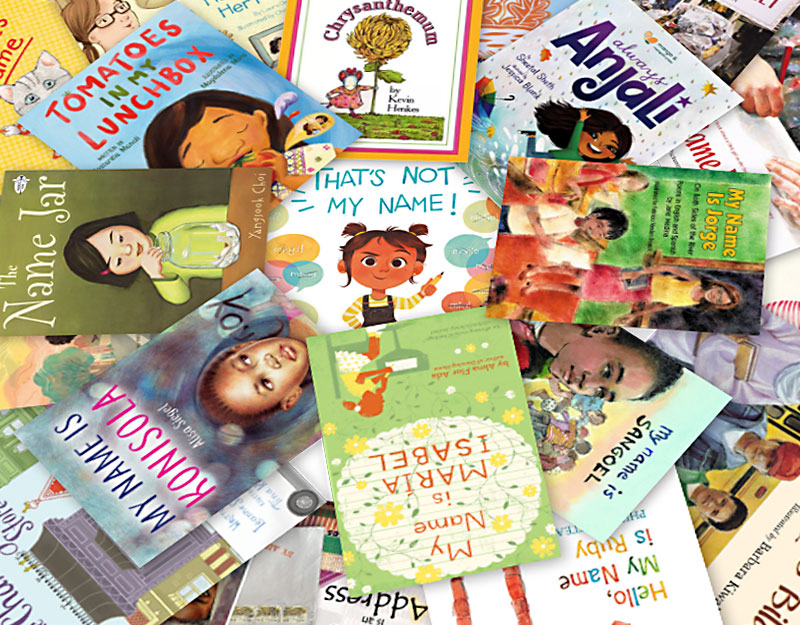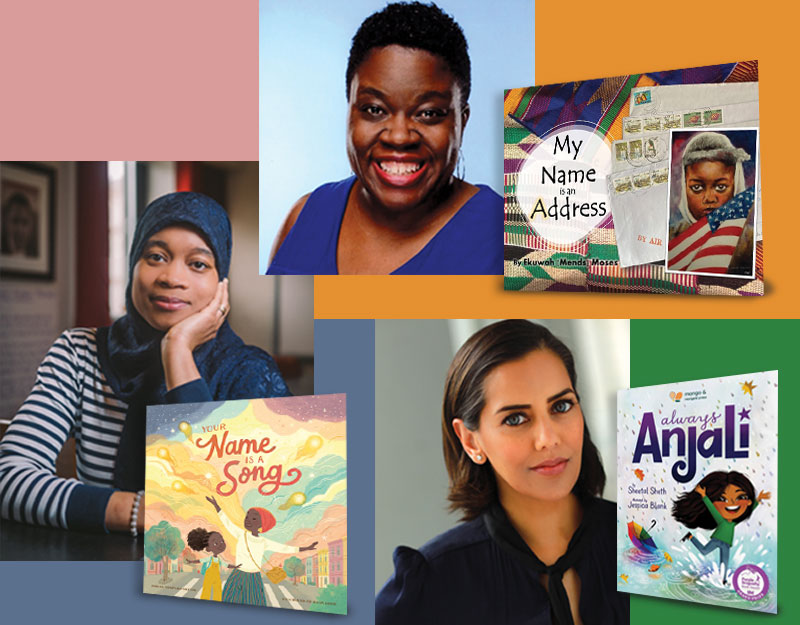Sunday Reflections: Doing the Heavy Lifting at the Library, Working with a Hurting Public to Find Healing
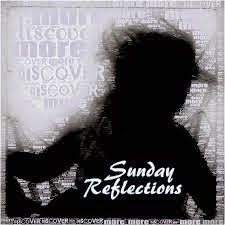 I am sitting at the Reference desk when a patron walks up and asks me for help. She was displaced after Hurricane Katrina and needs some information. She knows she was adopted and now has a name and some basic information about who her biological mother was. Can you help me track her down she asks, she doesn’t know what happened to her after the hurricane.
I am sitting at the Reference desk when a patron walks up and asks me for help. She was displaced after Hurricane Katrina and needs some information. She knows she was adopted and now has a name and some basic information about who her biological mother was. Can you help me track her down she asks, she doesn’t know what happened to her after the hurricane.
I spend some time digging around and for some reason my search leads me to the Social Security Death Index. It is here that a find that a woman with that name and around the age presented passed away in the last few years. I look up this woman, tell her I’m sorry, and tears come to her eyes. That’s okay she says, thank you for telling her, she would rather know than not.
ADVERTISEMENT
ADVERTISEMENT
It’s another day and another Reference desk, but a woman is standing before asking for a book on how to deal with a difficult spouse. There is a newly forming bruise above her eye. I find her the information she is looking for, but I also quietly pass her information about how to contact the local domestic violence shelter. I don’t know if she ever uses it, but I did what I could in that moment to let her know that there are local options available to help her.
It’s another day and I answer the phone at the Reference desk. A woman has just come from the doctor’s office and received a diagnosis, but the doctor didn’t give her enough information. She has more questions and needs more information. What, she asks, is the average life expectancy with this disease. I look it up and see the words on the page . . . 6 months. It’s okay she tells me, I know it’s bad, just read it to me over the phone. So I do. I read her the entire passage over the phone as she asks and remind her that we are not doctors and that she should talk more to hers. I feel like I have just told this woman that she has 6 months left to live and she thanks me, because I did my job, I did what she asked me to do.
Yesterday my friend and mentor was sharing with me a story about a patron who had recently come in and asked what to do now that his spouse had passed away. The found a checklist with the AARP that would help this man navigate the legal loopholes that he would now have to jump through as he tried to manage his grief and get his personal affairs in order.
“There was a lot of heavy lifting today,” she told me.
That’s what she calls it, doing the heavy lifting. Sometimes, we do a lot of heavy lifting at the public library. Parents trying to navigate divorce and fight for custody. People trying to find jobs. People trying to navigate complex medical diagnosis. People trying to navigate loss. The heavy lifting is hard, emotional work. Sometimes you help a patron and then you step into the office and cry.
There is a lot of joy and celebration working with teens in the public library. But there is a lot of sadness as well. We are often the only lifeline community members have as they try to find aid and just barely survive whatever tragedy life has just handed them.
ADVERTISEMENT
ADVERTISEMENT
I have sat with teens who have lost parents, watched their houses burned down, or just learned that their best friend died Saturday night in a car accident. There’s a lot of heavy lifting, a lot of emotional work, in dealing with people. We don’t often talk a lot about the heavy lifting in librarianship. You’re job description may say that you have to be able to push a cart full of heavy books or lift a box, but they often forget to ask you about this other type of heavy lifting. What will you do when you learn that the teen who comes in every day after school was sent away to live with a relative because their single parent now sits in jail?
As my mentor told me this story of the grieving widow and reminded me about the heavy lifting, I thought about the current attacks on library funding. Since I work at a library in Ohio, we are receiving attacks at both the state and federal level as both the Ohio PLF and the Federal IMLS are currently under threats of cut or total annihilation. But the public library is one of the few places where people can go to get started in getting help. We may not be the final agency that helps them, but we are often the place they come to find out who that agency is because they have no idea where to begin searching. That’s what librarians do, connect people with information and resources.
It’s not just that the library is a place that provides you free wifi or a DVD, we work every day with community members who need help getting help but don’t even know where to begin looking. There may be a grant to help them start their own business, a shelter to help them get back on their feet, or a specialist to help them navigate a complex medical diagnosis, but they often don’t even know where or how to begin looking for that information. That’s what we do in the library, connect people to the information and resources they need.
Today I was driving in the car with a new friend who asked me, what exactly do librarians do. And it’s these stories I always want to tell. We help people. Sometimes that help is helping them find help. But to that widow that is grieving, that help is a precious gift. That is the heavy lifting.
Filed under: Sunday Reflections
About Karen Jensen, MLS
Karen Jensen has been a Teen Services Librarian for almost 30 years. She created TLT in 2011 and is the co-editor of The Whole Library Handbook: Teen Services with Heather Booth (ALA Editions, 2014).
ADVERTISEMENT
ADVERTISEMENT
SLJ Blog Network
Name That LEGO Book Cover! (#53)
Cover Reveal and Q&A: The One and Only Googoosh with Azadeh Westergaard
K is in Trouble | Review
Fighting Public School Book Bans with the Civil Rights Act
ADVERTISEMENT



